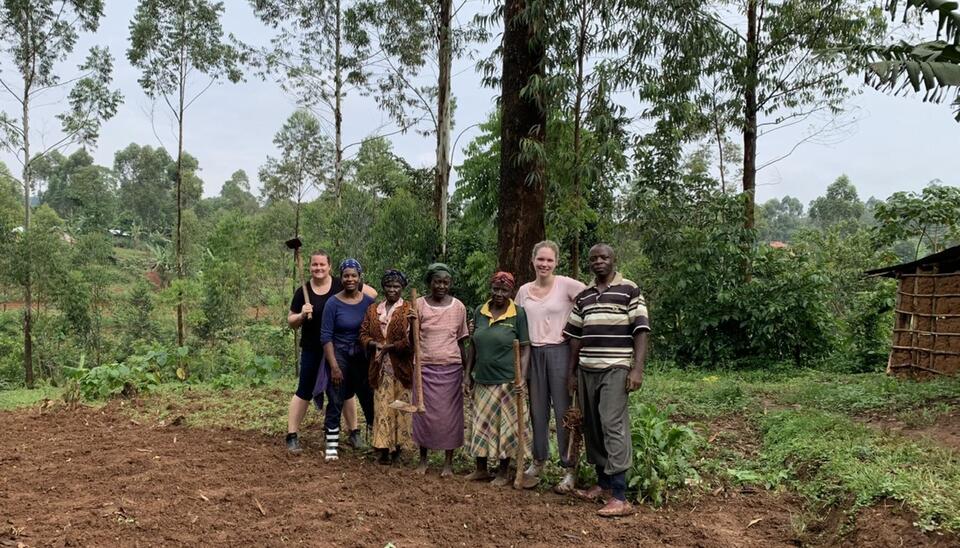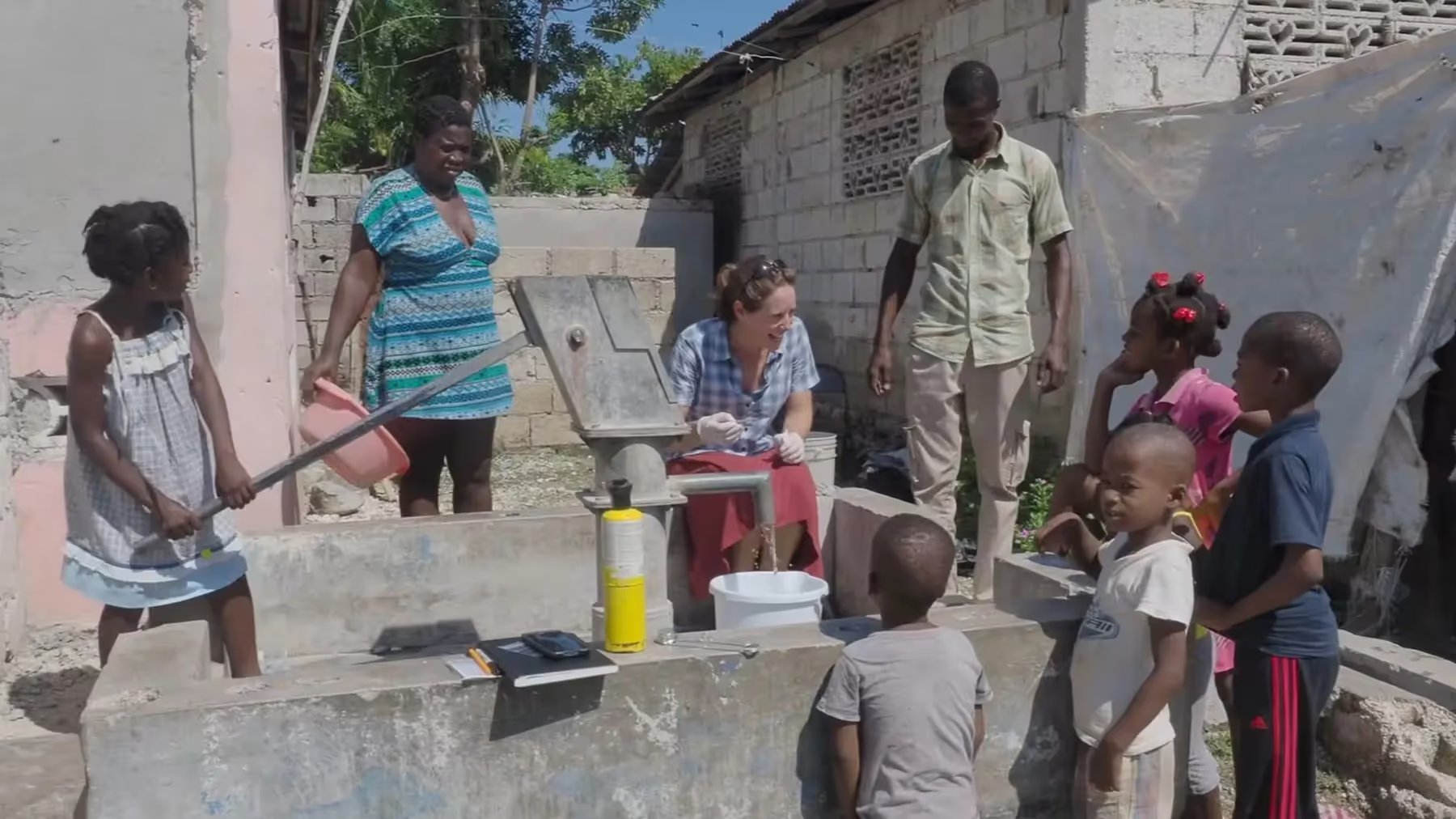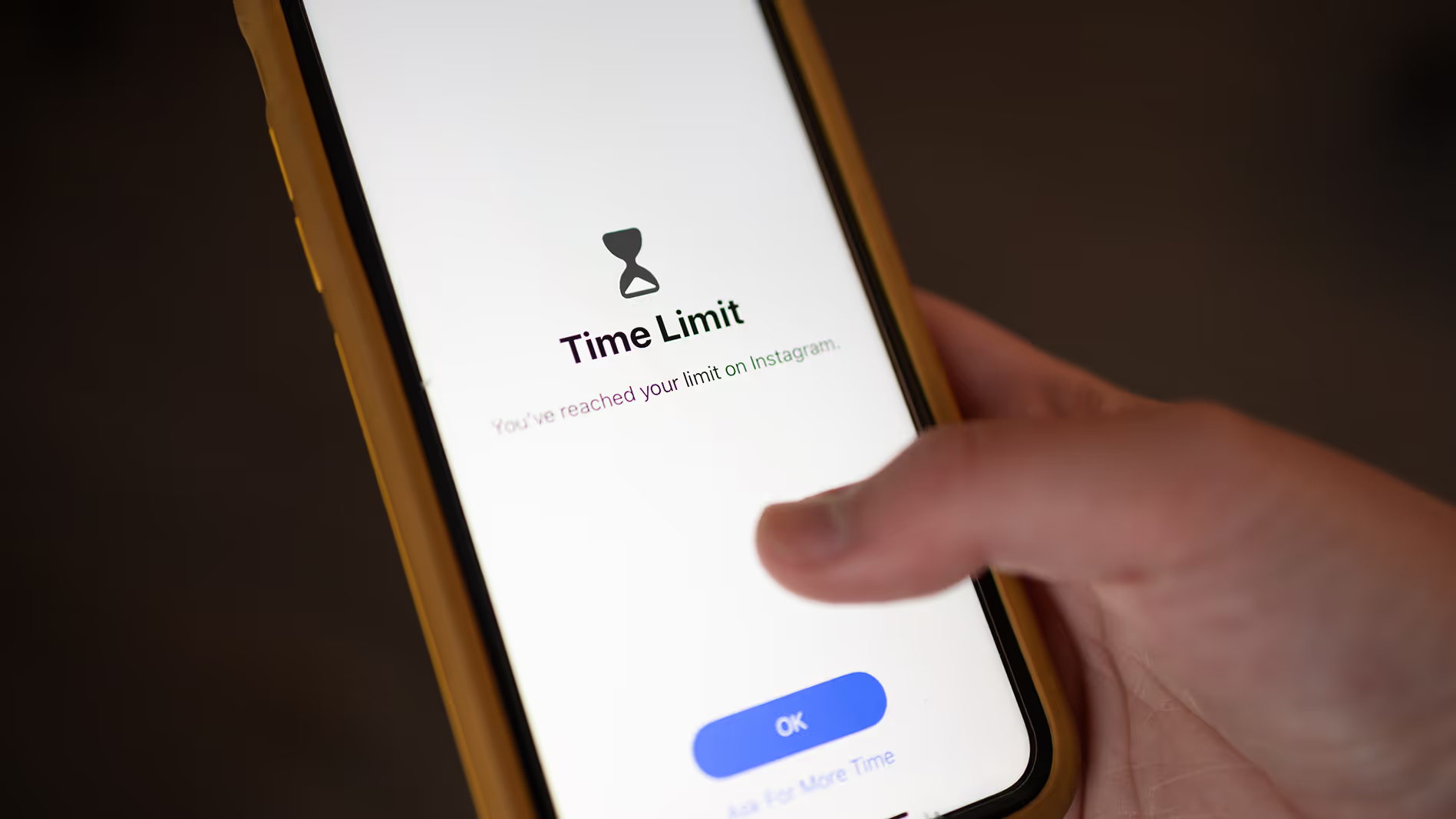What’s the value of Short-Term Missions (STM)? Kind of a loaded question these days, when nobody is travelling and the cultural trend is a critical voice calling out paternalism and saviour complex. And yet, I know my own story. I can testify to the value STM has had in my own life, and the value I have witnessed in others is far reaching and multi-layered.
Had it not been for that first experience at 17 years of age in Guadalajara, Mexico with some kids from my youth group, I would not have committed the last 18 years of my life towards a world transformed by a global movement of compassion and justice, evidenced by the eradication of needless suffering. That experience changed me and my trajectory into adulthood. Five years later, I was working full-time to provide this opportunity of life change to others.
For the context of this post, short-term missions refers to trips ranging from one to three weeks, taking place in a different geographical and cultural location with a group of likeminded people wanting to participate in worldwide compassion.



So, what’s the rub? Isn’t helping our global neighbours to the metaphorical South a good thing? Well, the problem of poverty is complex and the solution even more complex. However, all throughout the New and Old Testament, we humans are commanded
“You shall open wide your hand to your brother, to the needy and to the poor, in your land.” Deuteronomy 15:11. (1)
The complexity isn’t to help to poor or not to help the poor. The complexity is the “how”. We at Hungry For Life have read, studied and evaluated the methods of relief and development, and while we are still fallible, we work hard to engage in projects with established international partners to support them in their community development efforts. We do this with an intention to disrupt a cycle which can promote feelings of inferiority and shame on the receiving end and the god-complex and material-only definition of poverty on the giving end.(2) But all that is for another post.
This thought around assessing the value of STM has been percolating for some time in the HFL think tank. If one merely looked at the dollars and cents of it, there isn’t a lot of purely fiscal leverage when it comes to the resources used to send a team of five to ten people across the ocean. The value goes beyond dollar signs however; the impact of lives changed because of relationship and exposure to different cultures and the world's most poor has had the most significant impact. Because of engaged hearts, on many occasions we have seen what started as a trickle of resources turn into rivers and significant gains in development projects resulted.
In April of 2020, HFL sent out a survey to all participants who have travelled on a short-term team with HFL. The results surprised us, in a good way. Of all the respondents, 40% had participated on one HFL facilitated trip. This is significant because just that one exposure made a life changing-impact. Here are some of the results of the survey:
Here are a few quotes from our respondents:
“I am more aware and open to noticing and assisting those in need. I have always volunteered in my community, but these experiences have brought me to a higher sensitivity toward others.”
“I was still grieving the loss of a son in 2009 and the loss of another son in 2011. Seeing the joy and resilience of the Haitian people impacted me so that I could rejoice in the time I had with my boys instead of being stuck in my loss.”
“The people I encountered actually lived out their faith, totally sold out, not just when it fancied them or appealed to them. This caused me to reflect on my own sorry state and the ways I thought I was ‘rich’ but truly was living in spiritual poverty.”
“My perspective has changed on what is and isn’t the most important in life. Money isn’t so important, but a life where everyone is viewed the same is what is needed. The inside of a person matters, not the skin colour, race, gender or economic status.”
“It opened my eyes to the people in my home community that could use extra help and also showed me how powerful God is. The things we experienced as a group in Haiti had a great impact on me and my beliefs.”
These statistics and stories show us that people’s lives have inexplicitly changed for the better because of the time they spent on a short-term trip. The results of these changes are a greater awareness of the poor in our global community, an increase in kindness and generosity, and they point to an awareness of our lack of spiritual vitality and, thus, a movement towards a deepened relationship with the Saviour.
Short-term missions are not simply about alleviating physical poverty in the world’s poorest countries. It is impossible for these trips to accomplish that on their own. The value that short-term missions offers is an igniting moment in one’s life that sparks change. The blinders open up to the condition of the world’s majority and one’s own spiritual poverty. This condition doesn’t just include a realization of physical and spiritual poverty, however; it includes a greater sense of being, loving, thankfulness, relationships and true joy. My takeaway from our survey participants is that it is the latter of these realities we forever carry in our hearts. To quote one respondent, “It reinforced to me that our status of living does not equate to our satisfaction with life.”
1. Scripture taken from the HOLY BIBLE, New International Version
Grand Rapids, Michigan: Zondervan Bible Publishers, 1973, 1978, 1984
2. Corbett, Steve & Fikkert, Brian. When Helping Hurts: How to alleviate poverty without Hurting the Poor …and yourself.,65 Chicago, Il: Moody Publishers, 2009






